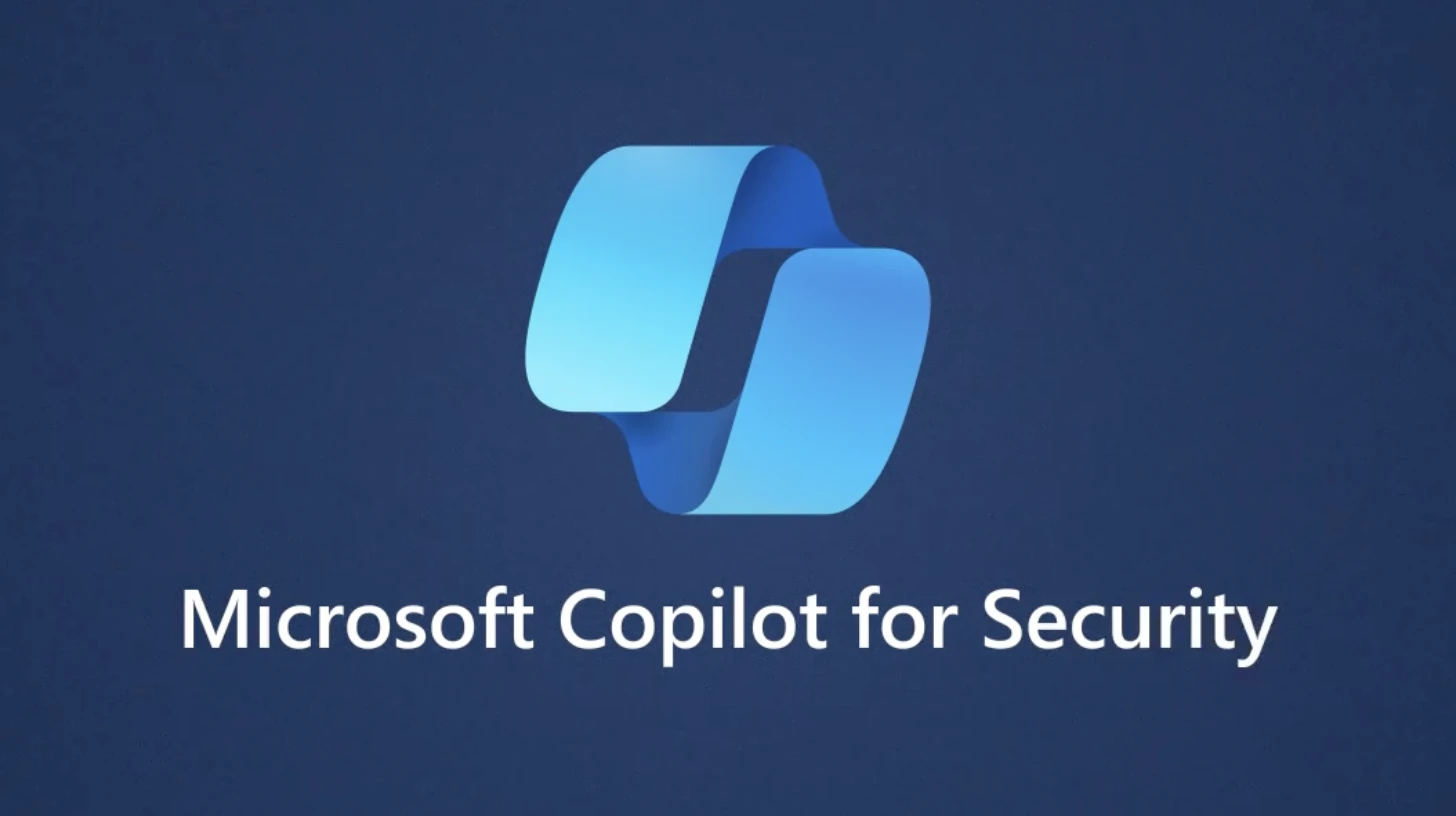New AI Agents from Microsoft Address Phishing, Software Updates, and Alert Overload

Introduction to Microsoft Security Copilot’s New AI Agents
Microsoft has launched an advanced lineup of AI agents within its Security Copilot platform, specifically designed to address significant security challenges. These challenges include phishing, data protection, and identity management, which often require extensive time and resources to manage effectively.
The Growing Threat of Phishing
Phishing remains one of the most prevalent and financially damaging cyber threats. In 2024 alone, Microsoft identified over 30 billion phishing emails targeting its customers. This overwhelming number is difficult for security teams to manage, especially if they rely on manual processes or use multiple disconnected tools.
What does Security Copilot Offer?
Microsoft is enhancing the capabilities of Security Copilot with six innovative AI agents. These agents are built to assist security teams by automating high-volume, repetitive tasks. They integrate seamlessly within the Microsoft Security ecosystem, simplifying operations while enabling defenders to stay ahead of potential threats.
Key Features of the New AI Agents
Vasu Jakkal, Corporate VP of Microsoft Security, emphasized that these agents are specifically designed for security purposes. They learn from feedback, adjust to existing workflows, and operate securely, adhering to Microsoft’s Zero Trust framework. Here are some of the key agents introduced:
Phishing Triage Agent in Microsoft Defender: This agent assesses phishing alerts to identify genuine threats and minimizes false positives. It provides clear explanations for its decisions and evolving performance based on administrator feedback.
Alert Triage Agents in Microsoft Purview: Focused on preventing data loss and managing insider risks, this agent filters through alerts to highlight the most critical issues, continuously improving its accuracy over time.
Conditional Access Optimization Agent in Microsoft Entra: This agent helps identity teams identify weaknesses in access policies. It flags users or applications that do not meet security requirements and suggests updates that can be implemented swiftly.
Vulnerability Remediation Agent in Microsoft Intune: This agent monitors application and policy misconfigurations while prioritizing necessary Windows OS patches. It also suggests remediation actions and speeds up patching processes with admin consent.
- Threat Intelligence Briefing Agent in Security Copilot: This agent collects timely and relevant threat intelligence tailored to match the specific needs and risk profile of the organization.
Collaborations for Enhanced Security Solutions
In addition to its internal innovations, Microsoft is set to introduce five new AI agents from its partners to enhance Security Copilot. Each of these agents addresses particular security and IT challenges:
OneTrust’s Privacy Breach Response Agent: This agent assists privacy teams in responding to data breaches by analyzing incidents and providing guidance on relevant regulatory requirements.
Aviatrix’s Network Supervisor Agent: This agent investigates networking issues like VPN or Site2Cloud outages, quickly identifying the root cause to help resolve problems efficiently.
BlueVoyant’s SecOps Tooling Agent: This agent reviews the operations of a security operations center, offering suggestions for improving tools, controls, and overall effectiveness.
Tanium’s Alert Triage Agent: This agent provides analysts with additional context for each alert, enabling quicker decision-making.
- Fletch’s Task Optimizer Agent: This agent anticipates which cyberthreat alerts are most important, assisting security teams in prioritizing their efforts and reducing alert fatigue.
Blake Brannon, Chief Product and Strategy Officer at OneTrust, noted that incorporating such autonomous AI agents into privacy operations marks a significant shift for the industry. These technological advancements are poised to enhance the efficiency and scalability of privacy teams, allowing them to meet increasingly complex regulatory demands in a fraction of the traditional time.
Through these developments, Microsoft aims to strengthen the security landscape, making it easier for organizations to protect themselves against ever-evolving cyber threats.






